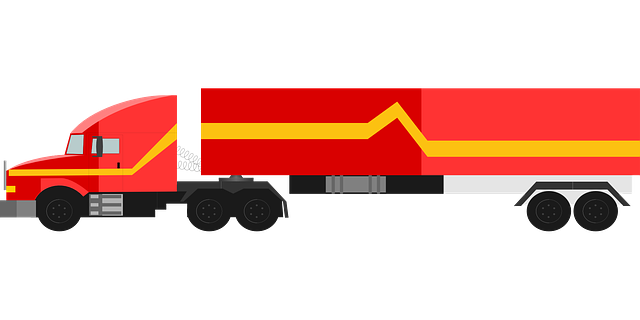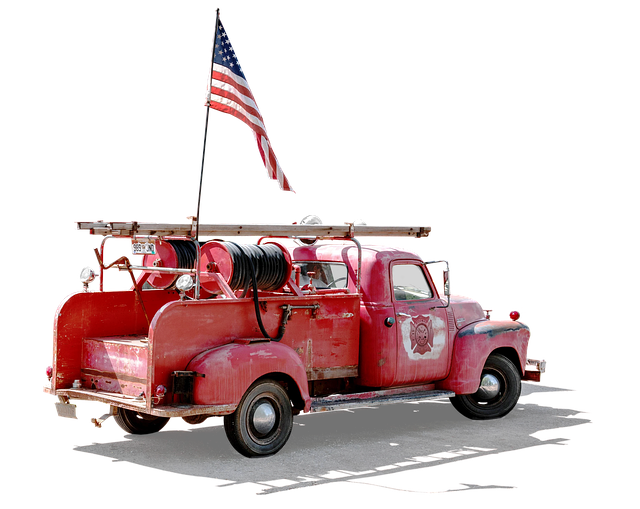Understanding full truck rental coverage options is crucial for a worry-free road trip. It includes liability insurance, collision damage waiver (CDW), comprehensive insurance, and personal effects protection (PEP) to safeguard the vehicle and its contents against accidents, weather events, theft, vandalism, etc. Comprehensive insurance offers peace of mind, covering unforeseen events like natural disasters, protecting valuable items, and shielding from financial burdens. However, standard policies exclude cargo loss/damage, theft, and third-party injuries; high-risk activities may also be prohibited. To ensure adequate protection, meticulously review options from rental companies, evaluate your specific needs, understand standard coverages, and consider add-ons for customized protection.
“Maximizing peace of mind is essential when renting a truck, especially for those transporting valuable goods. This article guides you through the intricacies of full truck rental coverage, a crucial aspect often overlooked. We’ll explore what comprehensive insurance entails, its myriad benefits, and potential exclusions.
Learn how to navigate options, ensuring you select the ideal coverage to protect your rental investment and precious cargo. Discover the key differences and make an informed decision with our insightful breakdown of truck rental coverage.”
- Understanding Full Coverage for Truck Rentals: What It Entails
- Benefits of Comprehensive Insurance for Rented Vehicles
- Exclusions and Limitations: What's Not Covered?
- How to Choose the Right Truck Rental Coverage Option
Understanding Full Coverage for Truck Rentals: What It Entails

When renting a truck, understanding full coverage options is crucial for peace of mind while on the road. Full coverage for truck rentals typically encompasses several key components designed to protect both the vehicle and its contents during transit. This includes liability insurance, which covers damages caused by accidents involving other vehicles or property, as well as collision damage waiver (CDW), eliminating your financial responsibility for any accidental damage to the rental truck itself.
Additionally, full coverage may include comprehensive insurance, which protects against non-collision events like weather damage, theft, or vandalism. It also usually includes personal effects protection (PEP), ensuring that your belongings inside the vehicle are covered in case of loss or damage, and uninsurables such as food or certain types of cargo. Understanding these components is essential to making an informed decision when renting a truck, ensuring you’re adequately protected during your journey.
Benefits of Comprehensive Insurance for Rented Vehicles

When renting a truck or vehicle, opting for comprehensive insurance offers numerous advantages that go beyond minimal liability coverage. This type of insurance protection acts as a safety net, shielding you from financial burdens in the event of unforeseen circumstances. It typically includes damage to your rental property due to accidents, natural disasters, or even vandalism, ensuring you’re not left with a significant out-of-pocket expense for repairs or replacements.
Comprehensive insurance also provides peace of mind by covering theft and certain types of personal liability. This is especially valuable when transporting valuable items in your rented vehicle. By adding this coverage, you can confidently focus on the task at hand, whether it’s moving furniture or transporting a beloved family heirloom, knowing that unexpected events won’t cripple your budget.
Exclusions and Limitations: What's Not Covered?

When considering full coverage for rented trucks and vehicles, it’s crucial to understand what’s excluded from typical policies. Many standard truck rental coverage plans do not include liability for cargo loss or damage, theft, or third-party injuries that occur during the rental period. These exclusions can leave renters vulnerable to significant financial burdens if unforeseen events arise.
Additionally, certain high-risk activities and locations may be explicitly prohibited or limited in coverage. For instance, off-road driving, towing large trailers, or renting vehicles for commercial use might not be covered under standard policies. Renters planning such activities should carefully review their insurance options to ensure adequate protection, as these exclusions can vary across different rental companies and coverage plans.
How to Choose the Right Truck Rental Coverage Option

When renting a truck, selecting the appropriate coverage is crucial to protect yourself from unexpected costs and stress. The first step is to assess your needs and the type of vehicle you’re renting. Are you moving furniture or heavy equipment? Or do you simply need a small van for a local delivery? Each scenario may require different levels of protection.
Next, understand the standard coverage provided by the rental company and what it excludes. Common options include liability insurance, which covers damage to others’ property or injuries they sustain, and collision damage waiver (CDW), which protects you from financial responsibility in case of an accident. Consider add-ons like cargo insurance if your items are valuable, especially during long-distance trips. It’s also wise to check if the rental fee includes any base coverage and what additional options are available a la carte.
Full coverage for rented trucks is an essential consideration for anyone leasing a vehicle. By understanding what comprehensive insurance entails and its numerous benefits, you can make informed choices. While certain exclusions and limitations may apply, being aware of these allows you to select the right truck rental coverage option tailored to your needs. Ensure peace of mind on the road by prioritizing adequate protection during your next truck rental.
